Lunghwa’s Song Jiang Battle Ritual Team Takes Third Place at 2025 National Competition Showcasing Martial Arts, Traditional Opera, and the Arts
The 2025 National Creative Song Jiang Battle Ritual Competition finals took place on April 5, 2025, at Shunxian Temple (Shunxian Gong) in Neimen, Kaohsiung. Seven elite teams from Taiwan engaged in intense competition, demonstrating their expertise and ingenuity. The Song Jiang Battle Ritual team from LHU captivated the audience with a groundbreaking performance that fused contemporary martial arts, traditional opera, and narrative storytelling, ultimately achieving an exceptional third-place ranking.
This year, the Lunghwa team showcased the narrative of Marshal Tiandu, the Taoist deity of theater and music, in a dramatic format, commencing with the historical backdrop of the An Lushan Rebellion during the Tang Dynasty. The performance narrated the story of court musician Lei Haiqing, who maintained his loyalty to the Tang royal family until his demise. The amalgamation of ancient Song Jiang formations with modern martial arts highlighted the cultural heritage and essence of the conventional array. The formidable drum arrangements enhanced the performance’s intensity and magnificence, while the authoritative gestures and vigor of the Guardians Generals of Kṣitigarbha (guan jiang shou) elevated the atmosphere to its zenith. Despite the apparent discord between contemporary components and ancient military formations, the amalgamation of theater and music created a stunning stage impact, providing the audience with an extraordinary audiovisual experience.
Professor Wang Yen-Nien, Dean of the Office of Student Affairs, asserted that Lunghwa’s Song Jiang Battle Ritual Array is a unique cultural emblem of the university. Each performance and competition is undertaken with an unwavering commitment to facilitate broader comprehension and appreciation of the distinctive allure of Song Jiang culture. The team, rooted in ancient martial arts, aims to provide innovation and astonishment, garnering enthusiastic applause from spectators. Recently, the team has experimented with integrating contemporary pop music and theatrical aspects into its performances, revitalizing the Song Jiang heritage while facilitating its preservation and transmission.
Wang further underscored that this year’s Lunghwa pupils showed remarkable enthusiasm. The performances were no longer restricted to student club members; numerous participants had no previous experience with the Song Jiang tradition. Notwithstanding their minimal experience, new members utilized leisure periods and weekends to prepare for the challenge. Their collaboration was poignant and motivating. Wang articulated optimism that an increasing number of students will participate in the future to demonstrate the allure and fervor of Lunghwa’s Song Jiang squad, thereby perpetuating an essential facet of Taiwan’s folk culture.
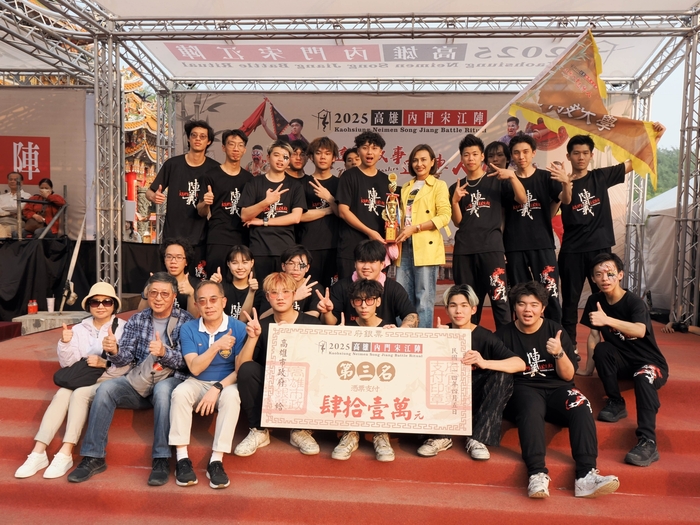
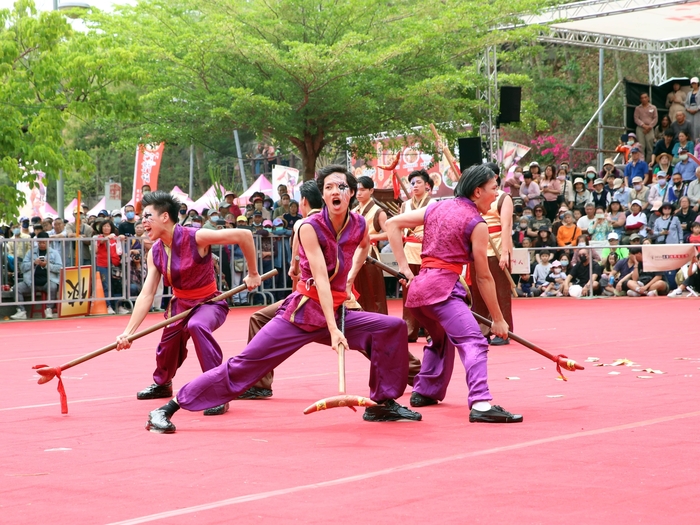
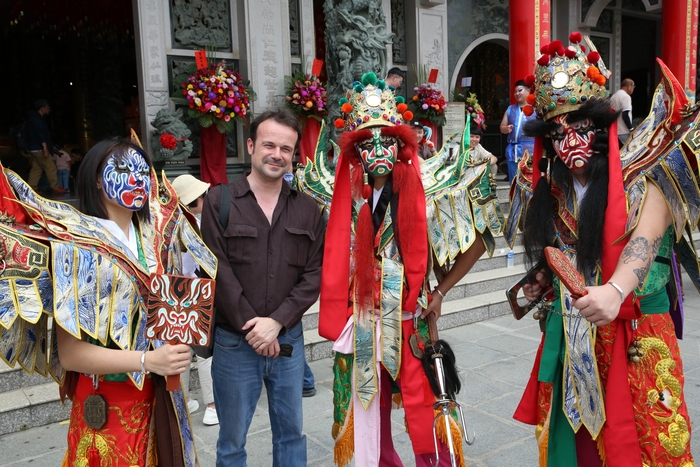
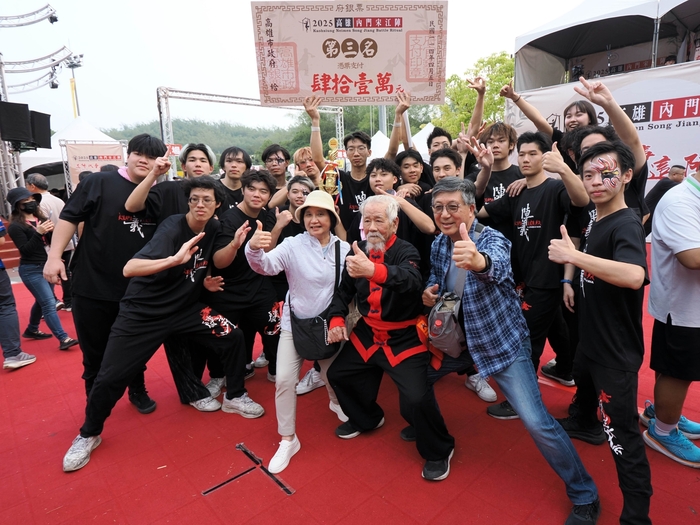
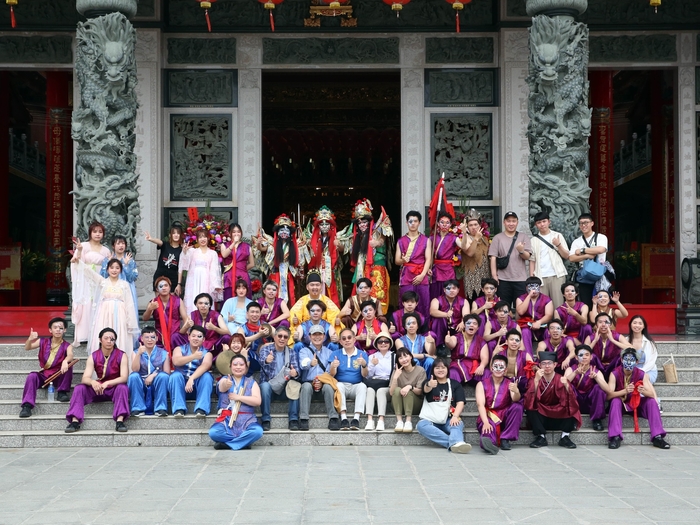
Secretariat Office, the Lunghwa University of Science and Technology
Contact: LI,CHIANG-SHENG
Office Phone: 82093211#2012
E-mail: lcs222@mail.lhu.edu.tw
